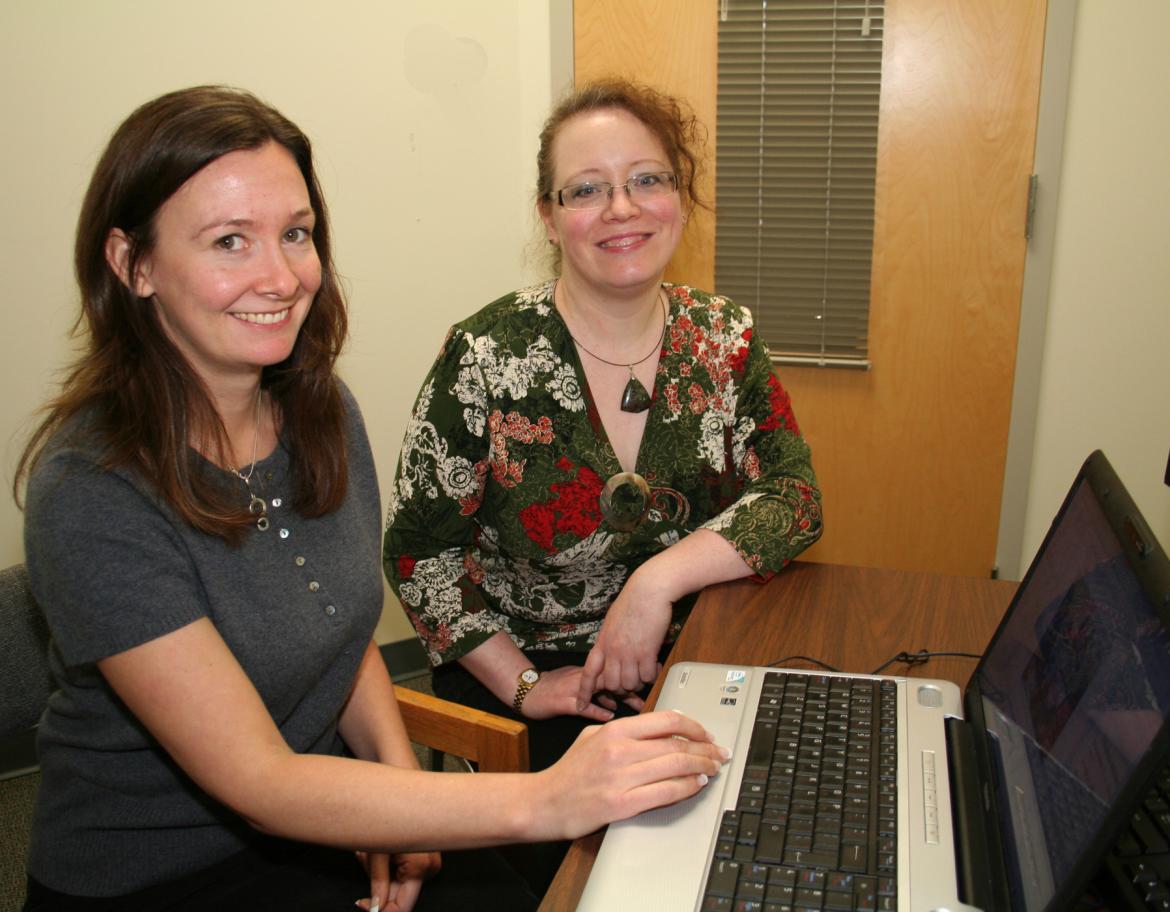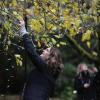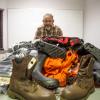
December 14, 2011 - 8:04am
Vancouver Island University professor Dr. Rachel Moll is leading an international study to explore social media use in science education.
Moll has received a two-year $50,000 grant from the Social Sciences Humanities Research Council (SSHRC) to study how physics teachers and students in high school and first-year university use social media to teach and learn.
“It’s an international collaborative study involving researchers in Sweden, Australia and Canada,” Moll explained. “Data will be compared and recommendations will be made for incorporating new technologies into teaching and learning practices in science.”
A former high school physics teacher, Moll now teaches in the Post Baccalaureate and Master of Educational Leadership program at VIU and supervises student research projects.
The idea for the study germinated while Moll completed her post-doctoral work in the Physics department at Uppsala University in Sweden.
“How students and their teachers use social media to support teaching and learning is a fairly new area of research because the technology is new,” Moll said. “We’ve heard a lot about online learning but not about social media in teaching and learning. It’s definitely an area that needs further study.”
Moll has received research grants from Uppsala University, the University of Wollongong, Australia, VIU Research Office, and now SSHRC. A start-up grant from VIU allowed her to conduct preliminary research in Sweden for a week in December 2010.
Her preliminary findings show that high school and first-year university physics students do not typically use Twitter to assist in their learning, but they rely heavily on Facebook. “If they do use Twitter, it’s typically to follow celebrities,” she says.
“In my broader study I’m hoping to address, ‘What is the collaborative and cooperative nature of these tools and how do you tailor teaching so that it fits with how students currently learn?’ When they get stuck on a question or problem while studying, where do they go?
“Students talk online to their peers when doing their homework but don’t often meet face-to-face. There are so many sources for learning in today’s world. How do we bring them together most effectively?
“We can use technology to develop individualized learning plans for students,” Moll said. “There is currently a shift towards an emphasis on 21st century learning. Social media technology has the potential to play an important role in this shift. We can’t ignore that fact.”
Moll’s research will be done in three phases. Stage one involves holding focus groups among teachers and students in Canada, Sweden and Australia to find out how they engage with social media.
The second stage will involve developing a survey aimed at the same group to identify trends. The final stage will be to select a few case studies among teachers who are using social media in unique ways.
Moll will use the SSHRC grant to hire four student research assistants at VIU next year. She has already hired Nicole McDaid, a student in VIU’s Master in Education Leadership program, to assist with transcribing and analysis of focus group interviews held in Sweden.
The student research assistants will have the opportunity to present their findings at the April 2012 American Educational Research Association conference in Vancouver, the largest educational research conference in the world.
Moll’s international co-collaborators on the project include Dr. Cedric Linder, Chair and professor, Department of Physics and Astronomy, Uppsala University, Sweden; and Wendy Nielsen, Lecturer, Faculty of Education, University of Wollongong in Australia.
Tags: In the Community






